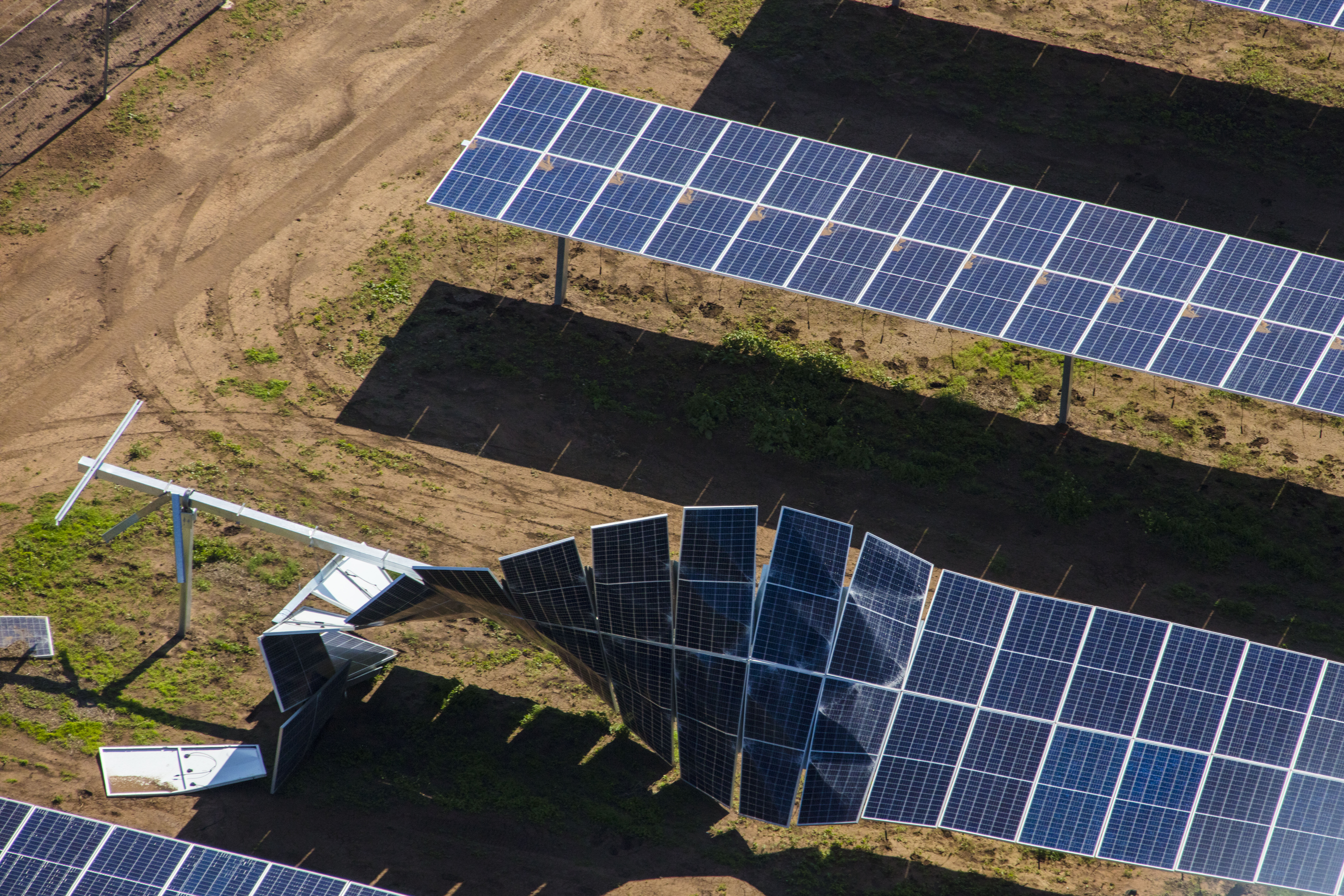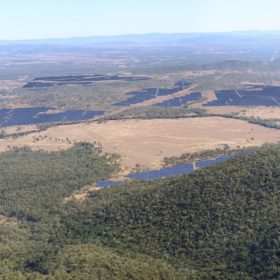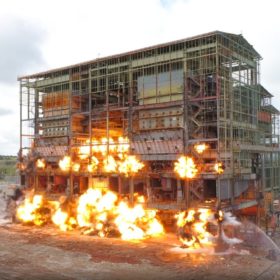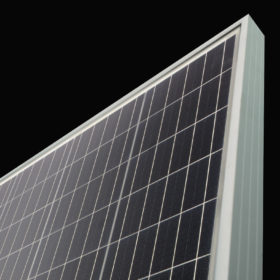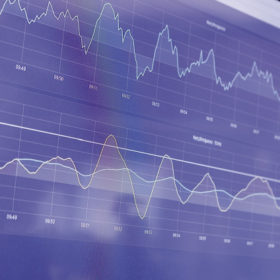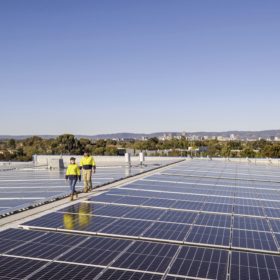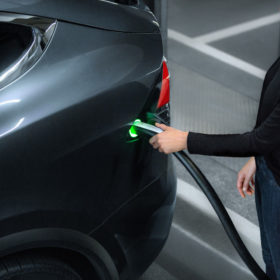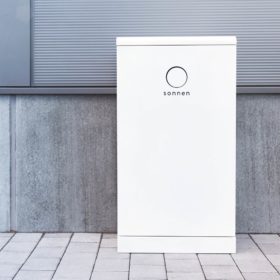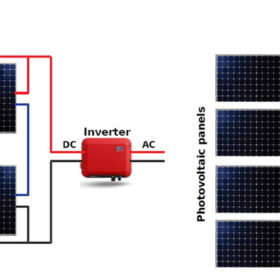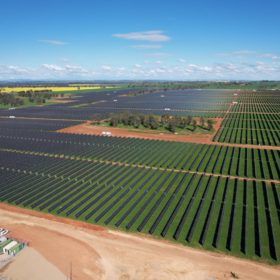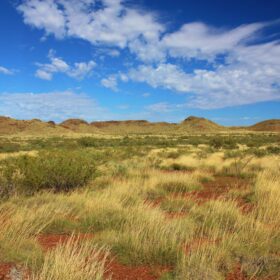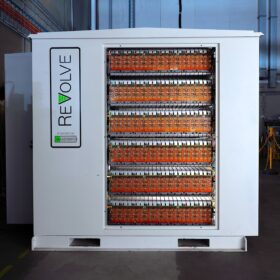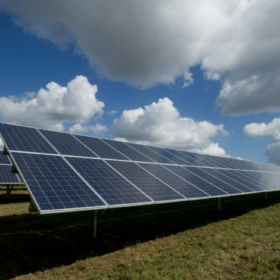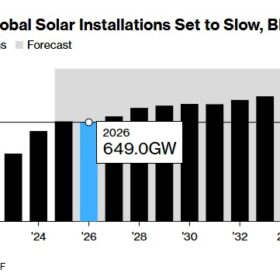Ensuring quality in Australia’s prospering utility-scale segment
Quality assurance and testing of solar farms is vital worldwide, but particularly in Australia where projects tend to be bigger and the climate more severe. Hugo Silva, Global Sales Manager at Enertis Applus+, takes a look at the different stages of testing and why they are an investment that will yield returns.
Acciona signs up to supply solar for 3 GW green hydrogen project
Queensland government-owned generator Stanwell Energy and Spanish renewable energy company Acciona Energia have signed a Memorandum of Understanding which could see energy generated at the proposed 600 MWp Aldoga Solar Farm power a 3 GW green hydrogen project being developed near Gladstone on the central Queensland coast.
Engie begins construction of 150 MW big battery at Hazelwood site
The transformation of the former Hazelwood coal-fired power station in Victoria has commenced with French renewables giant Engie announcing work has begun on a 150 MW/150 MWh battery energy storage system which is being constructed at the site.
Jinko reduced module prices in the third quarter
The Chinese manufacturer appears to have shouldered higher input costs in return for carving out a larger slice of the world’s biggest solar market – although it’s not clear from the company’s third-quarter update that CEO Xiande Li received the memo.
Western Australia launches $35 million ‘symphony’ of residential renewable assets
Western Australia has today announced the launch of its $35.5 million Virtual Power Plant trial, Project Symphony, which will examine the ways in which residents, utilities, and network operators can join forces to centrally orchestrate the output of rooftop solar, batteries and other distributed resources to best serve both customers and the grid at large.
C&I developers attracts backing from investment giant
Melbourne-based company Green Peak Energy has attracted the backing of one of the world’s largest investment firms, CBRE Investment Management. While deal’s details remain confidential, the Australian company, which focuses on operating renewable systems in the C&I segment and providing power purchasing agreements (PPAs), described the agreement as an endorsement of the problem it set out to solve.
Most Australian households are well-positioned for electric vehicles – and an emissions ceiling would help
Many people believe Australia’s shift to electric vehicles is stuck in the slow lane – another strollout, rather than a rollout. But while federal policies are still lacklustre, most Australians themselves are ready for the shift, according to our recent research.
Sonnen launches residential battery specifically designed for Australia, marking shift in global strategy
German company sonnen, a wholly owned subsidiary of Shell, today launched a new residential battery storage system specifically developed for Australia and New Zealand. Chief Commercial Officer of sonnenGroup and Managing Director of sonnen Australia, Nathan Dunn, told pv magazine Australia its sonnenBatterie Evo is the culmination of a new approach and may go on to inform how its future products for global markets are developed.
Micro-inverters vs. string inverters
A French research group has compared the performance ratio of 100 PV systems relying on micro-inverters with that of 100 installations relying on string/central inverters. It found the performance ratio is around 79% for both system typologies and that arrays with micro-inverters are more sensitive to environmental factors.
90 MW Sebastopol Solar Farm near Wagga Wagga reaches commissioning phase
Fotowatio Renewable Ventures Australia’s 90 MW (AC) solar farm outside Wagga Wagga, New South Wales, has reached the commissioning phase after less than a year of construction. Barring no obstacles, the project should start exporting solar energy to the grid in a matter of months.
